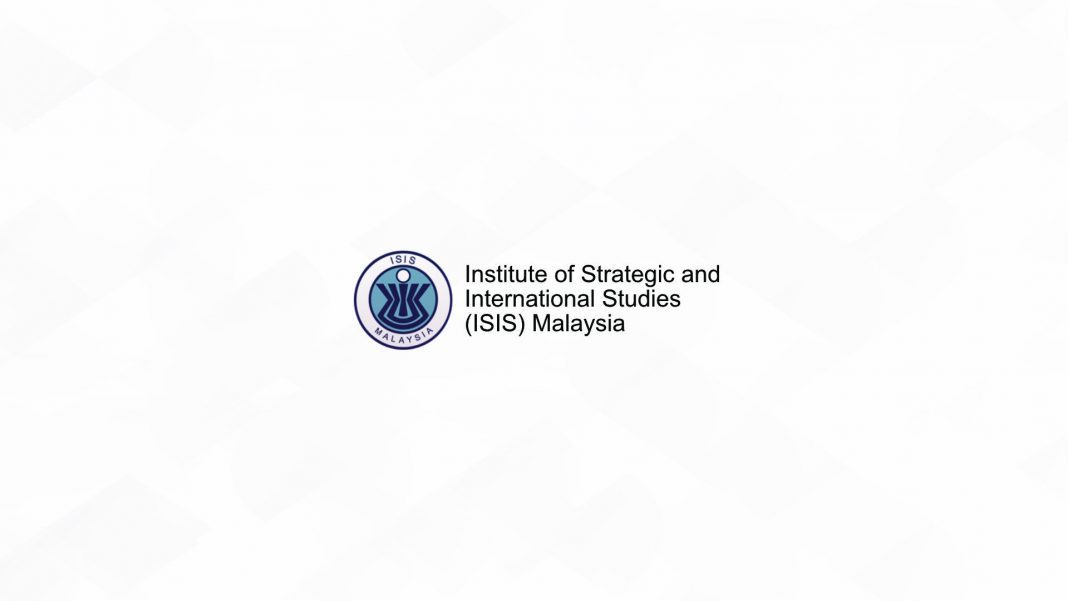The latest outbreak of violence in Rakhine state of Myanmar against the Rohingya community has once again highlighted one of Southeast Asia’s most tragic, deplorable and sensitive socio-political conundrums with implications to not just Myanmar but neighbouring nations as well.
The Rohingya, depending on whose side of the story one chooses to believe, are either a persecuted, unrecognised indigenous minority or illegal migrants from the precolonial and colonial days. Violence escalated when groups of Rohingya insurgents attacked border police posts killing several officers. Retaliatory operations by the police and military to weed out and eradicate the insurgents appear to be heavy-handed and indiscriminate with entire villages destroyed, and troops allegedly committing rape, murder and pillage. Nearly 30,000 civilians have been displaced and thousands have fled to neighbouring Bangladesh.
As a major transit and destination state for refugees, asylum seekers and displaced individuals at large, including the Rohingya, developments in Rakhine state will directly impact Malaysia.
First, it likely means that the Rohingya who are already in Malaysia — around 54,000 who are registered with the Office of the United Nations High Commissioner for Refugees (UNHCR) and thousands more who remain off the grid — are not going anywhere, any time soon. While the number of refugees from Myanmar as a whole is decreasing, mainly due to successful resettlements and repatriations, the number of Rohingya is increasing. Violence, discrimination, lack of opportunities and the general refusal of Naypyidaw to recognise the Rohingya as citizens deter them from going home. The community in Malaysia also suffers from a relatively low rate of resettlement abroad. Many, who have been here for generations, are either unhappy at their options for resettlement, refuse to be split up or prefer to just remain here. This means that in the long run, Malaysia will continue to host a large, growing number of Rohingya.
Second, there is a good chance of more Rohingya trying to make their way to Malaysia. This is not something new — observers of the conflict and its fallout have long warned of future waves of Rohingya that could, and would like to come to Malaysia. Driven by brutal communal violence and an undeclared state policy that wants to drive out the Rohingya community from Rakhine state, many have either left or are desperate to leave. Malaysia is often their top destination because of distance, economic opportunities, religious similarities and the presence of fairly large numbers of Rohingya already in the country. Many Rohingya who have made it to Bangladesh, Indonesia and Thailand still harbour hopes of eventually making their way to Malaysia.
Policymakers in some of our neighbouring countries, including those in Myanmar, have been known to turn a blind eye to those attempting to get to Malaysia and, in some cases, even help them along as to avoid dealing with the impact of hosting the Rohingya themselves. Additionally, as one of the most oppressed communities in the world, it wouldn’t be unreasonable to infer that some Rohingya might be further encouraged to make it to Malaysia after what they perceive as Malaysia’s recent public outspokenness in calling out Naypyidaw and its leaders on the violence and persecution faced by the Rohingya. We shouldn’t underestimate the impact and possible implications of recent statements by our prime minister and the Foreign Ministry not just to the Myanmar government but to the Rohingya themselves.
Third, because of the factors above, it is high time for Malaysia to reconsider and further develop its policy on refugees, asylum seekers and displaced people. There are around 150,000 registered refugees and asylum seekers in Malaysia. While there are no official statistics, the number of unregistered refugees and displaced persons could potentially come close to, match or even exceed that.
Despite the difficult conditions endured by these people in Malaysia, by virtue of being classified as illegal migrants, many still chose to make the trip if they can as the situation is generally more tolerable than their source countries. This is especially so for the Rohingya. Thus, Malaysia’s policy of not having a policy needs to be revised as it potentially does more harm than good — both to refugees and asylum seekers, and to the nation. Dependency on organisations like the UNHCR is unsustainable in the long term.
This does not necessarily mean that Malaysia should accede to the 1951 Refugee Convention or 1967 Protocol Relating to the Status of Refugees. Rather, the government should examine what practical measures can be taken to better prepare for the arrival of such groups, to identify and register them once they reach Malaysia, and to provide continuous humanitarian assistance and support to refugee communities without compromising on Malaysia’s national interest and national security.
This article first appeared in The New Straits Times on 20 December 2016





